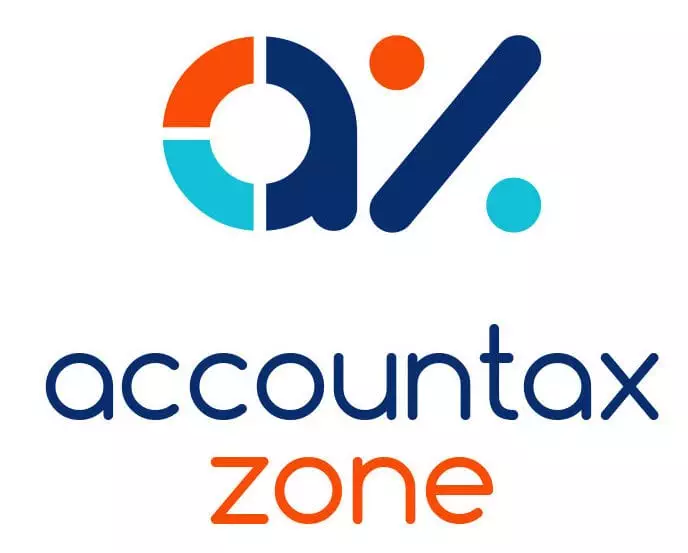Paying National Insurance contributions allows individuals to earn qualifying years, which in turn provides them with entitlement to the state pension and certain contributory benefits. Entitlement may also be provided by the award of National Insurance credits.
State pension entitlement
A person reaching state pension age on or after 6 April 2016 needs 35 qualifying years to benefit from the full state pension. A person who has less than 35 qualifying years but at least ten on reaching state pension age will receive a reduced state pension.
It is important to check your National Insurance record to see if you will qualify for the full state pension. This can be done online by visiting Check State Pension. Gaps can be filled in by paying voluntary contributions.
Class 3 voluntary contributions
Class 3 National Insurance contributions are voluntary contributions which can be paid to buy additional qualifying years to boost your state pension. Each additional qualifying year increases the state pension by 1/35th. At 2023/24 rates, each additional qualifying year up to the 35 qualifying year maximum increases the state pension by £5.82 a week (£302.86 a year).
For 2023/24, Class 3 contributions are payable at a rate of £17.45 a week. The rate is to remain at this level for 2024/25.
You may also like to read: Relevant motoring expenditure and NIC – Are you due a refund?
Class 3 voluntary contributions must be paid within six years of the end of the tax year to which they relate, so by 5 April 2030 for 2023/24 contributions. However, unless the contribution relates to the either of the previous two tax years, it is payable at the rate in force when the contribution is made, rather than that applying for the missing year.
Individuals reaching state pension age on or after 6 April 2016 who have missing years between 6 April 2006 and 5 April 2016 (2006/07 to 2015/16) can benefit from an extended window in which to pay contributions for those years. Contributions must be paid by 5 April 2025 and can be paid at the 2022/23 rate of £15.85 per week.
Making voluntary contributions is only worthwhile if, after making the contributions, you have at least ten qualifying years. If you have missing years, but will secure 35 qualifying years by the time you reach state pension age, there is no point in making voluntary contributions.
Paying Class 2 contributions voluntarily
A self-employed earner whose earnings are below the small profits threshold does not benefit from the National Insurance credit available to those whose profits are between the small profits threshold and the lower profits threshold. However, they do have the option to pay Class 2 contributions voluntarily. Where this option is available, at £3.45 per week for 2023/24, this is a much cheaper option than paying Class 3 contributions.
Following the abolition of Class 2 contributions from 6 April 2024, self-employed earners will still be able to make voluntary contributions at the 2023/24 Class 2 rate of £3.45 per week.
Like Class 3, voluntary Class 2 contributions must be paid within six years from the end of the tax year to which they relate. The contribution is paid at the highest rate in force in the period from the year to which it relates to the year in which it was paid.
An extended deadline of 5 April 2025 applies by which to make contributions for missing years between 2006/07 and 2015/16 inclusive. These can be paid at the 2022/23 rate of £3.15 per week.
Partner note: SSCBA 1992, Pt. II.










